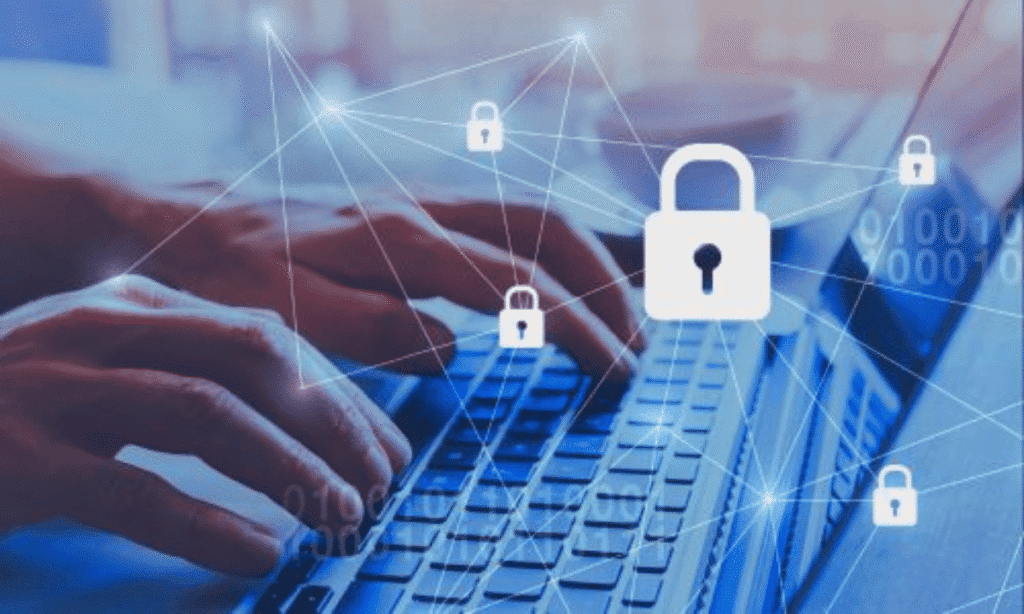In today’s fast-paced digital landscape, businesses rely heavily on data to operate, compete, and grow. But with increasing data usage comes increasing responsibility — especially when it comes to the secure disposal of IT equipment. Whether you’re refreshing your fleet of laptops, decommissioning servers, or replacing old storage devices, it’s critical to ensure that no sensitive data is left behind. That’s where data erasure becomes essential.
What Is Data Erasure?
Data erasure, also referred to as data wiping or secure data removal, is the process of permanently deleting data from a device so that it cannot be retrieved — not even through advanced forensic recovery methods. Unlike standard deletion or formatting, which only removes file references and leaves the actual data intact, proper data erasure overwrites the storage medium completely, often multiple times, using verified algorithms.
This professional method adheres to strict international standards such as NIST 800-88, ISO 27001, and complies with data protection regulations like the General Data Protection Regulation (GDPR). For companies handling personal, financial, or proprietary data, secure erasure is not just a best practice — it’s a legal and operational necessity.
Whenever an organization is retiring, reselling, leasing, or recycling IT hardware, secure data erasure guarantees that confidential business information, customer records, and intellectual property are protected from unauthorized access.
The Risks of Inadequate Data Removal
Unfortunately, many businesses still underestimate the potential consequences of improper data disposal. Simply deleting files or reformatting a hard drive gives a false sense of security. In reality, these actions only clear the visible file directory, leaving the underlying data recoverable with easily accessible software.
The failure to erase data properly can lead to serious consequences:
- Data breaches and cyberattacks: Unauthorized access to residual data can compromise your systems, clients, and partnerships.
- Regulatory penalties: Laws like the GDPR, HIPAA, and PCI-DSS impose strict requirements on data handling. Violations can result in substantial fines.
- Loss of customer trust: When clients’ personal information is exposed, your company’s reputation and relationships can suffer irreparable damage.
- Legal liabilities: Negligence in data management can lead to lawsuits and compliance audits.
By investing in secure data erasure, you not only mitigate these risks but also demonstrate your commitment to responsible data handling.
The Role of ITAD in Data Security
IT Asset Disposition (ITAD) refers to the safe, environmentally responsible, and legally compliant process of retiring outdated or redundant IT equipment. Data erasure is a fundamental part of this process — ensuring that no trace of data remains on devices before they are resold, recycled, or destroyed.
Working with a professional ITAD provider ensures that your equipment is processed using industry-certified methods. This includes secure chain-of-custody procedures, serial number tracking, audit trails, and official certificates of data destruction. The right ITAD partner not only protects your data but also helps your organization reduce electronic waste and comply with environmental regulations.
Circular IT Group offers comprehensive IT solutions tailored to modern business needs, including end-to-end ITAD services with fully certified data erasure. Their services are designed to support both data protection and sustainability goals, and include secure logistics, verified erasure processes, and detailed reporting for compliance assurance.
The Added Benefits of Certified Data Erasure
Beyond compliance and risk mitigation, certified data erasure also delivers operational and financial benefits:
- Asset remarketing: Devices that have been securely wiped can often be resold or reused, offering a return on investment.
- Sustainability impact: Secure erasure allows for safe reuse of equipment, contributing to circular IT practices and reducing e-waste.
- Audit-readiness: Detailed certificates and reporting help you stay audit-ready and transparent in your data management.
- Operational efficiency: Delegating secure disposal to a certified provider frees up internal resources and ensures the process is handled correctly.
Conclusion
In an era where data breaches are not a matter of if, but when, secure data erasure is no longer optional — it’s an integral part of responsible IT management. It ensures that your old devices don’t become a liability, but rather a secure and sustainable part of your business operations.
Partnering with an expert like Circular IT Group, which provides end-to-end solutions for secure data erasure as part of their wider IT solutions, allows your organization to confidently retire hardware, protect sensitive information, and align with both legal and environmental standards.
Data security doesn’t end when a device is switched off. It ends when the data is truly gone — permanently and verifiably.



